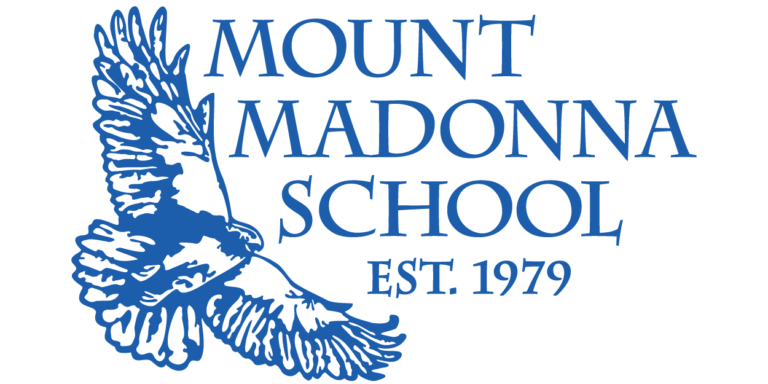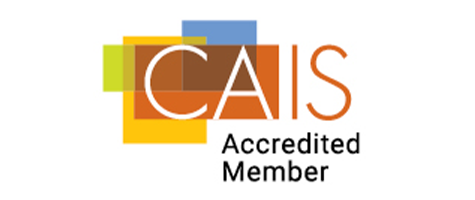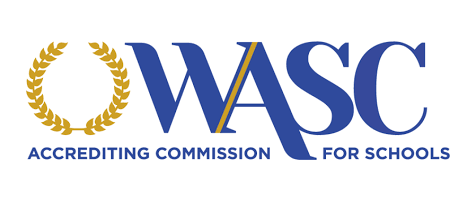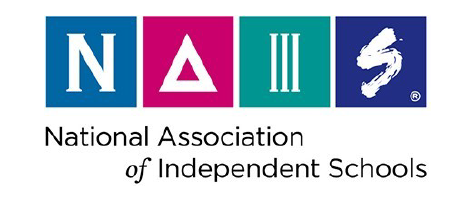 Mount Madonna School’s (MMS) fifth grade class project, “ Do One Thing to Help the Condors and the Environmen t,” has received much public visibility in recent months, including recent presentations at the Monterey Bay Aquarium’s recent Ocean Plastic Pollution Summit (OPPS) and Santa Cruz’s annual Earth Day celebration.
Mount Madonna School’s (MMS) fifth grade class project, “ Do One Thing to Help the Condors and the Environmen t,” has received much public visibility in recent months, including recent presentations at the Monterey Bay Aquarium’s recent Ocean Plastic Pollution Summit (OPPS) and Santa Cruz’s annual Earth Day celebration.
The class won first place and a $300 prize in the Santa Cruz Earth Day school environmental project competition. This was MMS’ fifth year at Earth Day, and their third first-place win (one year fifth grade also had a third-place finish)!
During the course of the Earth Day event, fifth graders, taking turns in shifts, spoke with several hundred event attendees who were interested in learning about the condor and their project.
“Numerous times after speaking with the students, adults would approach me and share how impressed they were with their poise in public speaking, knowledge of the condor-related issues, and the students’ passion for conservation,” comments fifth grade teacher Jessica Cambell. “I love this event because it provides young people with the opportunity to share their project research and product with the broader community and experience what it is like to be a ‘citizen in action.’ My students were able to feel the power of their voices and actions, and receive a lot of positive feedback. They walked away feeling like they were helping the condor through each person they spoke with.”
On May 11, eight fifth grade students, Cambell and MMS teacher Nate Rockhold participated in the plastic pollution summit in Monterey. “The Aquarium had received grant money to be used for inspiring schools to take action on plastic pollution in the ocean,” Cambell explains. Last fall she attended a teacher training hosted by the Aquarium, and submitted the class’ condor project for consideration for the summit.
“Schools from all over California, preschool to college level, submitted projects for consideration,” Cambell says. “It’s pretty significant that these students’ condor project was selected for the summit.” The class held discussions and a vote to select the eight students who would represent their project at the OPPS, which included an overnight sleepover and some educational activities at the Aquarium. The class-elected representatives were: Aaron Saavedra, Jeremy Curland, Milana Beck, Quinn Cury, Sarah Babcock, Sophia Willoughby, Tabitha Hardin-Zollo, and Vianne Storrs. Several of the student participants reflected on their experience at the OPPS:
” It was a big opportunity to present to the public at the aquarium. I felt confident that the other students and adults were really interested and wanted to know how a banned chemical like DDT can still hurt the condor even though it is banned. ” – Sarah Babcock
” I learned a lot from the keynote speaker [Jordan Howard] because she was inspiring. She showed that people can start out not caring, like her, and that this comes from not listening to others’ perspective. When you start to listen to others, you can change things. It was amazing that at 21 she was able to change the world in her own way and really make a difference just by being her. When we talked about our project, I was asked a lot of questions about lead bullets, because people didn’t understand about the fragments with the lead and how this hurts the condors. People also asked about the letters we wrote to our elected representatives; this really ‘wowed’ people, and they wanted to know what we wrote about and who responded to us. “ – Tabitha Hardin-Zollo
” I really wanted to share our project at the Aquarium, because the more people that know about the project and condors, the more they will want to help. A lot of people asked us if we were in eighth grade, and when they found out we were in fifth grade, they were surprised because of the large project we did and our “Do One Thing” campaign. I heard a lot of teenagers and teachers say ‘this project looks like at least an eighth grade project’ .” – Quinn Cury
” I learned about Change.org and a petition site where kids can start something and make change. When I was presenting people asked about why we needed to collect shells for the condors so that condors won’t eat micro trash. It felt like people were interested because they were asking questions and really wanting to know more .” – Sophia Willoughby
#####
Contact: Leigh Ann Clifton, Media & Public Relations,
Nestled among the redwoods on 355 mountaintop acres,



